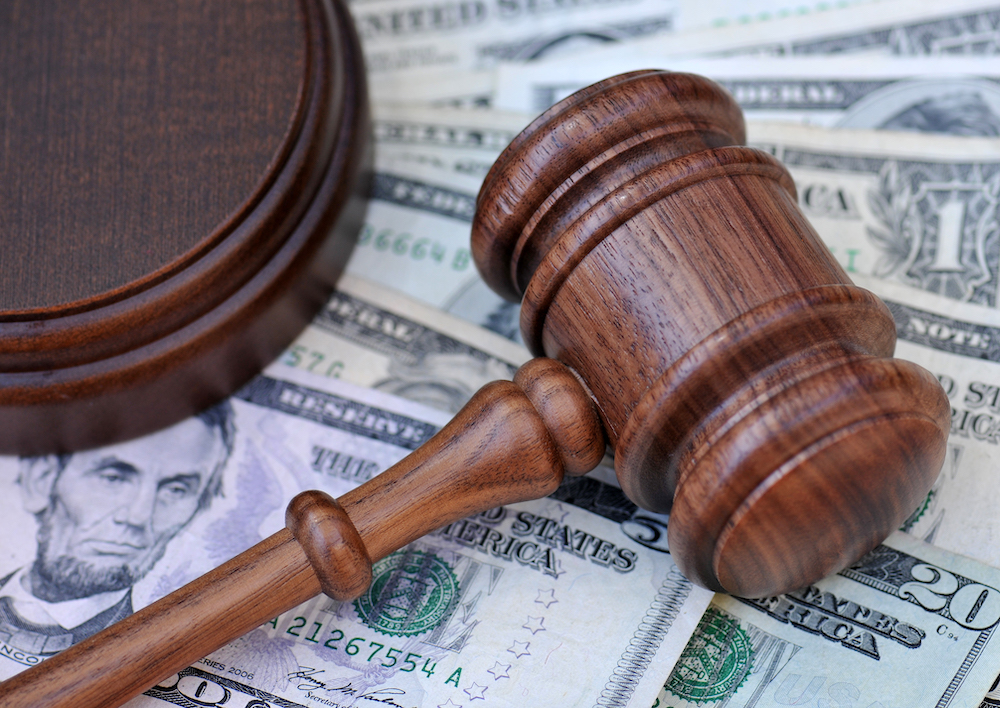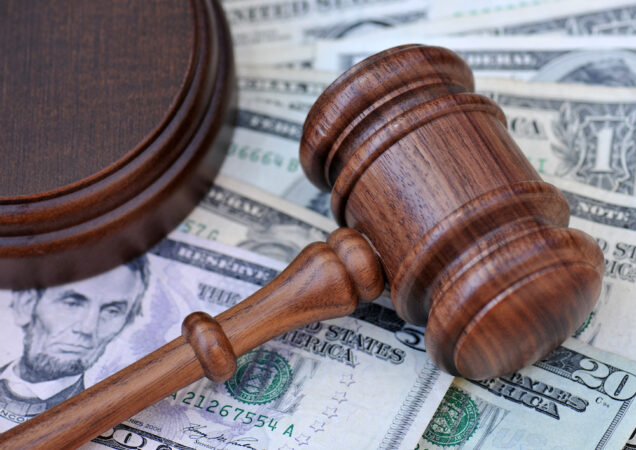
Legal Grounds for Suing a Company
Companies can be sued for various reasons, depending on the specific circumstances and the legal grounds for the lawsuit. Some common legal grounds for suing a company include:
Breach of contract occurs when a company fails to fulfill its obligations under a contract, causing harm to the other party. To establish a breach of contract, the plaintiff must prove that a valid contract existed, that the defendant breached the contract, and that the plaintiff suffered damages as a result of the breach.
Negligence is a legal concept that refers to the failure of a person or company to exercise reasonable care in their actions, resulting in harm to another party. In order to establish negligence, the plaintiff must prove that the defendant owed them a duty of care, that the defendant breached that duty, and that the plaintiff suffered damages as a result of the breach.
Product liability is a legal theory that holds companies responsible for injuries or damages caused by their products. To establish product liability, the plaintiff must prove that the product was defective, that the defect caused the plaintiff’s injuries or damages, and that the company knew or should have known about the defect.
Fraud is a legal wrong that occurs when a person or company makes a false representation of a material fact, knowing that the representation is false, with the intent to deceive another party and induce them to rely on the representation to their detriment.
Discrimination is the unequal treatment of individuals based on protected characteristics such as race, gender, religion, or national origin. To establish discrimination, the plaintiff must prove that they were treated differently from others who are similarly situated, that the different treatment was based on a protected characteristic, and that the defendant intended to discriminate against them.
These are just a few of the many legal grounds for suing a company. The specific grounds for a lawsuit will vary depending on the circumstances of the case.
Choosing the Right Lawyer
Selecting a competent and experienced lawyer is crucial for a successful lawsuit against a company. Several factors must be considered to ensure the lawyer aligns with your case requirements and provides effective representation.
One primary consideration is the lawyer’s expertise in the relevant area of law. For a lawsuit against a company, it is essential to find a lawyer specializing in corporate law, commercial litigation, or the specific industry your case pertains to. Their knowledge and experience in handling similar cases will provide a significant advantage.
Experience and Expertise
– Assess the lawyer’s track record in handling cases against companies, particularly in the specific industry or legal area relevant to your case.
– Inquire about their success rate, settlement amounts obtained, and client testimonials to gauge their effectiveness.
– Look for lawyers who are recognized as experts in their field, have published articles or given presentations on relevant topics, and are actively involved in professional organizations.
Communication and Responsiveness
– Effective communication is essential for a smooth attorney-client relationship. Ensure the lawyer is responsive, accessible, and provides clear explanations of legal processes and strategies.
– Consider their availability, preferred methods of communication, and how promptly they respond to inquiries.
– A lawyer who values communication and transparency will foster trust and keep you well-informed throughout the case.
Preparing for a Lawsuit

Before filing a lawsuit against a company, it is crucial to prepare thoroughly. This involves gathering evidence, building a strong case, and understanding the legal process.
Gathering Evidence
The success of a lawsuit often hinges on the quality of evidence presented. This includes:
– Documentation: Contracts, emails, invoices, and other documents that support your claims.
– Witness testimony: Statements from individuals who have knowledge of the events in question.
– Physical evidence: Objects, such as defective products or damaged property, that can be used to prove your case.
The Litigation Process
The litigation process refers to the legal proceedings involved in resolving a dispute through the court system. It typically begins with the filing of a complaint by the plaintiff (the person or entity initiating the lawsuit) against the defendant (the person or entity being sued). The complaint Artikels the legal basis for the lawsuit and the relief sought by the plaintiff.
The defendant then has an opportunity to respond to the complaint by filing an answer. The answer may admit or deny the allegations in the complaint, raise defenses, and assert counterclaims. The parties may engage in discovery, which involves exchanging information and documents relevant to the case. This process helps both sides prepare for trial.
If the case cannot be resolved through settlement or dismissal, it proceeds to trial. At trial, the plaintiff presents evidence to support their claims, while the defendant presents evidence to defend against them. The judge or jury (if one has been requested) will determine the facts of the case and apply the law to reach a verdict. The verdict may award damages to the plaintiff or dismiss the case in favor of the defendant.
Role of the Judge, Jury, and Attorneys
Judge: The judge presides over the trial and ensures that the proceedings are conducted fairly and in accordance with the law. They make rulings on legal issues, instruct the jury on the law, and enter judgment in the case.
Jury: A jury is a group of citizens who are selected to hear the evidence and determine the facts of the case. They are instructed on the law by the judge and deliberate to reach a verdict.
Attorneys: Attorneys represent the plaintiff and defendant in the lawsuit. They advise their clients on the law, prepare legal documents, and present their case in court.
Settlement and Trial

In a lawsuit against a company, the parties involved have the option to settle or go to trial. Settlement refers to an agreement between the plaintiff and the defendant to resolve the dispute without going through the trial process. Trial, on the other hand, involves presenting evidence and arguments before a judge or jury to determine the outcome of the case.
Factors to Consider When Deciding Between Settlement and Trial
When deciding whether to settle or go to trial, several factors should be considered:
– Strength of the case: The likelihood of success at trial is a crucial factor. If the plaintiff has a strong case, they may be more likely to go to trial to seek a favorable outcome.
– Cost of litigation: Trials can be expensive and time-consuming. The plaintiff should weigh the potential costs against the potential benefits of going to trial.
– Timeframe: Settlements can often be reached more quickly than trials. If the plaintiff needs a swift resolution, settlement may be a better option.
– Emotional toll: Trials can be emotionally draining for both parties. The plaintiff should consider the impact of a trial on their well-being.
– Risk of an unfavorable outcome: If the plaintiff loses at trial, they may be responsible for the defendant’s legal costs. This risk should be carefully considered before proceeding with a trial.
Remedies and Damages

When a company is found liable for wrongdoing, the court may order a variety of remedies and damages to compensate the plaintiff for their losses.
Compensatory Damages
Compensatory damages are designed to make the plaintiff whole for the losses they have suffered as a result of the company’s actions. These damages can include:
- Economic losses, such as lost wages, medical expenses, and property damage
- Non-economic losses, such as pain and suffering, emotional distress, and loss of reputation
Punitive Damages
Punitive damages are awarded to punish the company for particularly egregious conduct and to deter future wrongdoing. These damages are not intended to compensate the plaintiff for their losses but rather to send a message to the company and other companies that such behavior will not be tolerated.
Injunctive Relief
Injunctive relief is a court order that requires the company to do or refrain from doing something. This type of relief is often used to prevent the company from continuing to engage in the harmful conduct that led to the lawsuit.





